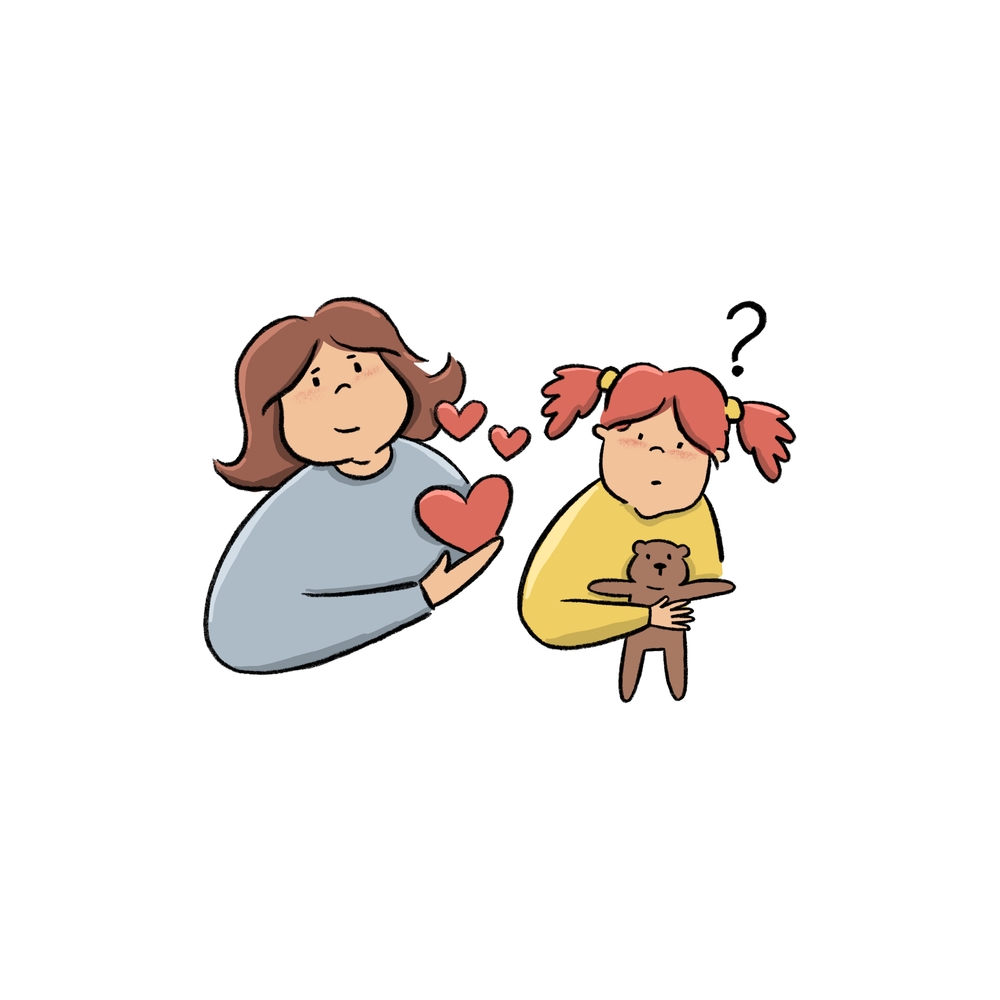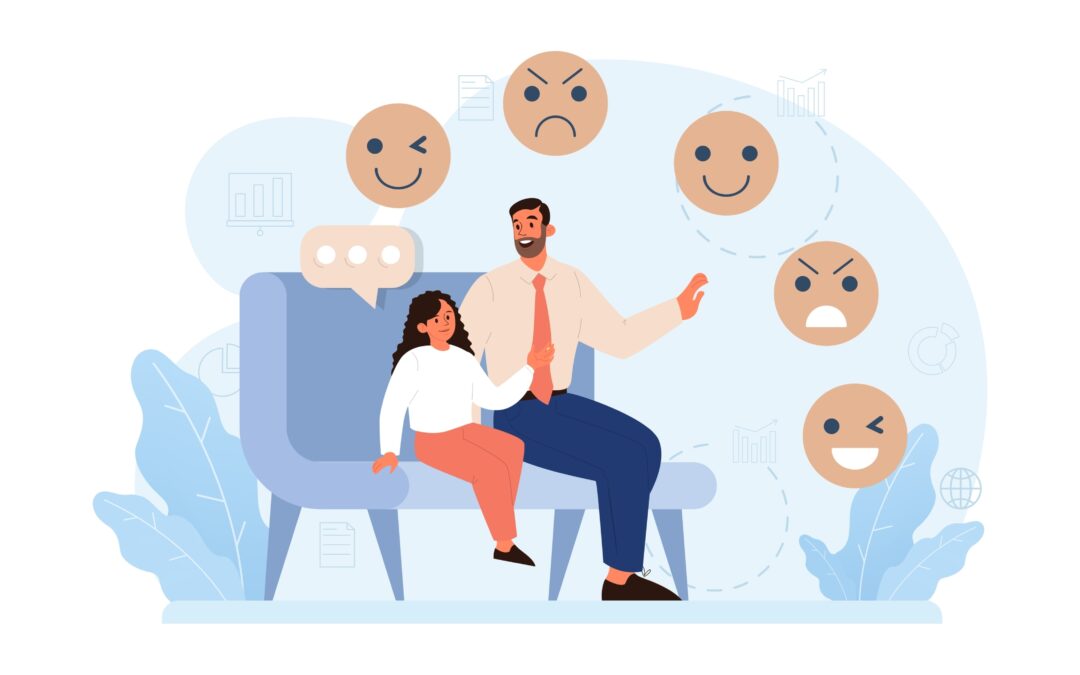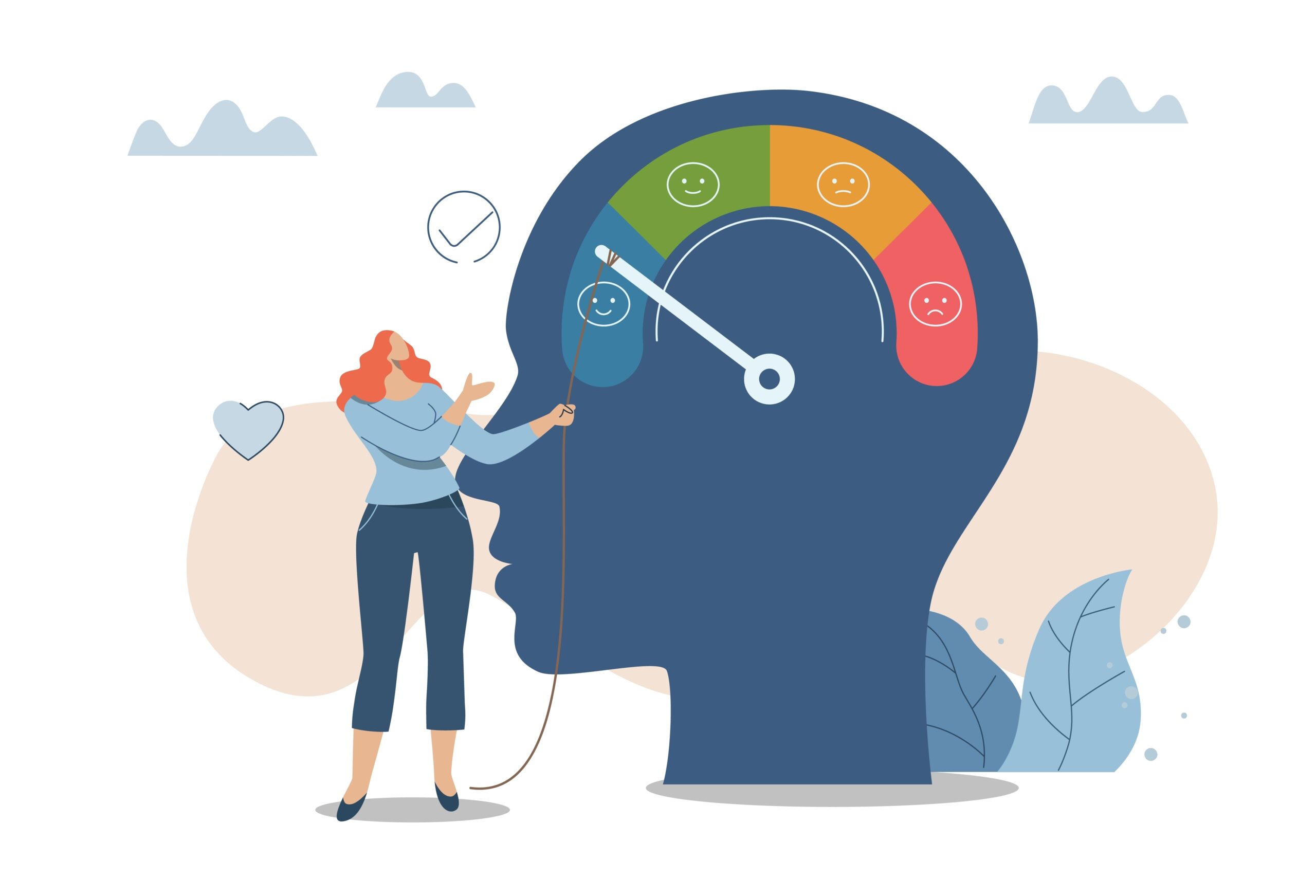What is Emotion Regulation?
Emotion regulation refers to the ability to manage and control one’s emotions in order to respond adaptively to different situations. This involves being aware of one’s emotions, understanding their triggers, and effectively managing them to prevent impulsive or harmful reactions. Emotion regulation is a crucial skill that helps individuals navigate through various challenges and maintain healthy relationships. It’s a critical aspect of mental health and well-being, enabling us to navigate our emotional landscape effectively, make reasoned decisions, and maintain balanced relationships.
What is Emotional Dysregulation?
Emotional dysregulation, or poor emotion regulation, is the inability to manage and modulate one’s emotional responses appropriately. It can lead to intense, overwhelming feelings and maladaptive behaviors. For instance, if a friend doesn’t show up for a planned lunch, someone with emotional dysregulation might not consider reasonable explanations. Instead, they may experience intense feelings of hurt or abandonment, leading to disproportionate anger or even the end of the friendship. This reaction highlights the distress and lack of control associated with emotional dysregulation.
Emotion dysregulation can stem from various factors, including genetic temperament, trauma, attachment styles, low emotional intelligence, and related mental health disorders. Early childhood experiences, such as trauma or insecure attachment, play a significant role in developing one’s ability to regulate emotions, laying the groundwork for future emotional responses and coping mechanisms.
Regarding mental health, there is a strong relationship between poor emotion regulation and the development of psychological issues. Research has shown that individuals who struggle to regulate their emotions are at an increased risk for developing conditions such as anxiety disorders, depression, and even substance abuse. This is because when emotions are not effectively regulated, they can become overwhelming and lead to maladaptive coping mechanisms, such as substance use or self-harm. It is important for individuals who struggle with emotion dysregulation to seek help from a mental health professional to learn healthy coping strategies and improve their overall well-being.
The Importance of Emotion Regulation
Emotion regulation plays a vital role in daily life as it impacts how individuals interact with others, handle stress, and make decisions. By regulating emotions effectively, individuals can improve their mental well-being, communication skills, and overall quality of life. It allows us to navigate challenging situations without resorting to impulsive actions that might lead to regret. It also plays a vital role in managing and preventing anxiety, depression, and other mental health issues by enabling us to approach problems constructively and maintain control over our emotional responses.
Emotion Regulation Skills
Learning emotion regulation skills will help us learn to effectively manage and change the way we feel and cope with situations.
1. Name The Emotion (“Name it to tame it”)
Attempting to avoid unpleasant thoughts and feelings can actually result in more unwanted negative thoughts and feelings. Rather than avoiding unpleasant emotions, acknowledge their presence and name them specifically. It can be helpful to say out loud or think to yourself, ‘I am feeling sad/angry/afraid. If you are uncertain about what emotion you are feeling, you can use a ‘Feelings Wheel,’ which displays many of the primary and secondary emotions one may feel. Naming the emotion often leads to the emotion losing its power. It can allow us to let go of some of the pain and discomfort that accompany the unpleasant emotion.
2. Recognize and understand the emotion
It makes sense to believe that people who are unclear about their emotions are also less aware and less clear about their psychological needs. Emotions are often communicators for underlying needs or secondary emotions. For example, if you are feeling angry perhaps it is communicating an underlying sense of injustice, a boundary violation, or a conflict in values. Alternatively, anger may also communicate secondary emotions such as betrayal, humiliation, or disrespect.
A way in which you can become more aware of what you are feeling is to pay attention to what you are experiencing physiologically in your body. For instance, you may have an unsettled feeling in your stomach when feeling anxious, or you may feel a tightness in your chest if you are feeling sad. You can also ask yourself “What is this feeling trying to tell me?”.
3. Validate the emotion
It is important to recognize that your emotions are present for a valid reason and that they are telling you something. Practice self-compassion and give yourself support for the unpleasant emotions you are experiencing. Understand that feeling strong negative emotions are a normal part of life. Meet yourself with kindness and avoid over-identifying with the feeling (e.g., “I am feeling sad” instead of “I am sad”).
Try to breathe into the experience of your emotions. You can soothe hurt feelings by placing a hand over your body where you feel this experience, then breathe slowly into this area. Inquire within as to whether there may be something you can do to address this feeling without any expectation that something needs to be done.
4. Identify and resolve emotional triggers
Often, we may have an interpretation of a situation that can trigger a strong emotional reaction. To help with regulating our emotions, it is important to learn to recognize emotional triggers. By identifying triggers, you can address the underlying issue and change your emotional response. Remember that you always have a choice on how to respond and what to do with the information you have. (…easier said than done, but you can get there!)
5. Use externalization techniques (*with a professional)
One technique involves imagining a conversation between different parts of yourself. For example, you can externalize an internal critical voice by giving it a chair. Notice when this part attacks vulnerable emotions, making you feel flawed. Through this, you can dialogue with parts that you want to know and better understand how they are serving you. You can work to uncover unmet needs and the core beliefs that influence the way you see the world. These techniques allow you to soothe distressed parts of yourself compassionately.
Examples of the progress you may make using these techniques include, comforting a scared inner child and providing it with the safety it lacked or encouraging an angry part to express its frustration adaptively.
If you struggle to regulate your emotions it is recommended that you work with a professional before trying these techniques yourself. These techniques are likely to introduce you to parts of yourself that may feel overbearing or unmanageable on your own, so before going into emotion regulation work it is important to have some skills already developed.
10 Ways You Can Regulate Your Emotions
- Practice Mindfulness: Mindfulness techniques involve being present in the moment and observing your thoughts and emotions without judgment. By practicing mindfulness, you can become more aware of your emotions and learn to respond to them more constructively. This can help prevent impulsive reactions.
- Engage in Physical Activity: Exercise releases endorphins, which are natural mood boosters, and so doing this regularly can reduce stress and improve mood.
- Use Deep Breathing/Relaxation Techniques: Breathing exercises can help calm the nervous system and reduce emotional intensity.
- Seek Support: Talking through emotions with friends, family, or a therapist can provide relief and perspective. By sharing your feelings with trusted individuals, you can gain a sense of connection and understanding.
- Journaling: Writing about your feelings can help you process and make sense of your emotions, leading to a greater sense of clarity and understanding. Writing your feelings down also helps release pent-up emotions and increases insight into your emotional experiences.
- Improve Sleep Hygiene: Adequate rest is crucial for emotional balance.
- Develop Emotional Intelligence: Understanding and recognizing your emotions can aid in managing them. The first step is accurately labeling, are you feeling sad or are you feeling abandoned?
- Challenge Negative Thoughts: Cognitive restructuring can change the way you feel about a situation. CBT says it is not the situation itself but how you interpret it that affects you.
- Set Healthy Boundaries: Knowing your limits can prevent emotional overload. To know your boundaries you need to know your values, so start there.
- Practice Self-Compassion: Be kind to yourself, acknowledging that it’s okay to feel strong emotions. Know that you are not alone in your suffering, and be mindful of the emotional experience rather than over-identifying with it.

What is Alexithymia?
Alexithymia is a condition characterized by difficulty identifying and describing one’s emotions. This condition can make emotion regulation more challenging, as recognizing and understanding emotions is a critical first step in managing them effectively.
Emotion Regulation and Autism
Individuals with autism may experience unique challenges with emotion regulation due to differences in processing emotional cues and heightened sensitivity to stimuli. Strategies tailored to the needs of those with autism, including structured support and therapy, can enhance emotion regulation skills, thereby improving quality of life and social interactions.
The Role of Psychotherapy in Developing Emotion Regulation Skills
There are certain signs and symptoms that may indicate the need for seeking professional help for emotion regulation. These include feeling overwhelmed by emotions, difficulty managing or controlling emotions, frequent mood swings, engaging in impulsive behaviors, and experiencing relationship problems due to emotional issues. If these symptoms are interfering with daily functioning and quality of life, it may be time to consider therapy for emotion regulation.
Psychotherapy, especially approaches like Cognitive Behavioral Therapy (CBT) and Dialectical Behavior Therapy (DBT), can be instrumental in developing effective emotion regulation skills. These therapies provide tools for understanding and managing emotions, addressing underlying issues, and changing maladaptive emotional responses.
Cognitive-behavioral therapy (CBT) is a commonly used approach that focuses on identifying and changing negative thought patterns and behaviors that contribute to emotional dysregulation.
Dialectical behavior therapy (DBT) is another effective therapy that combines cognitive-behavioral techniques with mindfulness practices to help individuals better manage their emotions.
Other types of therapy that can help with emotion regulation include emotion-focused therapy (EFT), acceptance and commitment therapy (ACT), mindfulness-based stress reduction (MBSR), and psychodynamic therapy. It is important to work with a mental health professional to determine the best type of therapy for your specific needs and goals.
Conclusion
Emotion regulation is a cornerstone of psychological health, influencing our thoughts, behaviors, and interactions. Understanding emotional dysregulation and employing strategies to manage emotions can lead to better decision-making, improved relationships, and overall mental well-being. For those facing challenges in regulating emotions, psychotherapy offers a path toward developing these crucial skills, paving the way for a more balanced and fulfilling life.
If you or someone you know is looking to begin online therapy and you reside in Ontario, Canada, please do not hesitate to contact us at admin@evergreentherapeutics.ca. We offer a team of psychotherapists who treat a variety of mental health concerns with individuals, couples, and families. Visit our website www.evergreentherapeutics.ca for more information.




